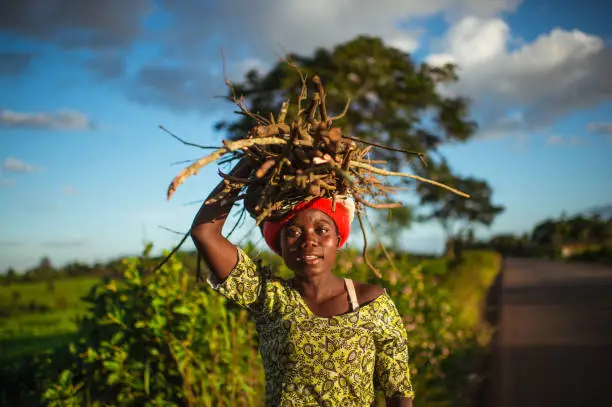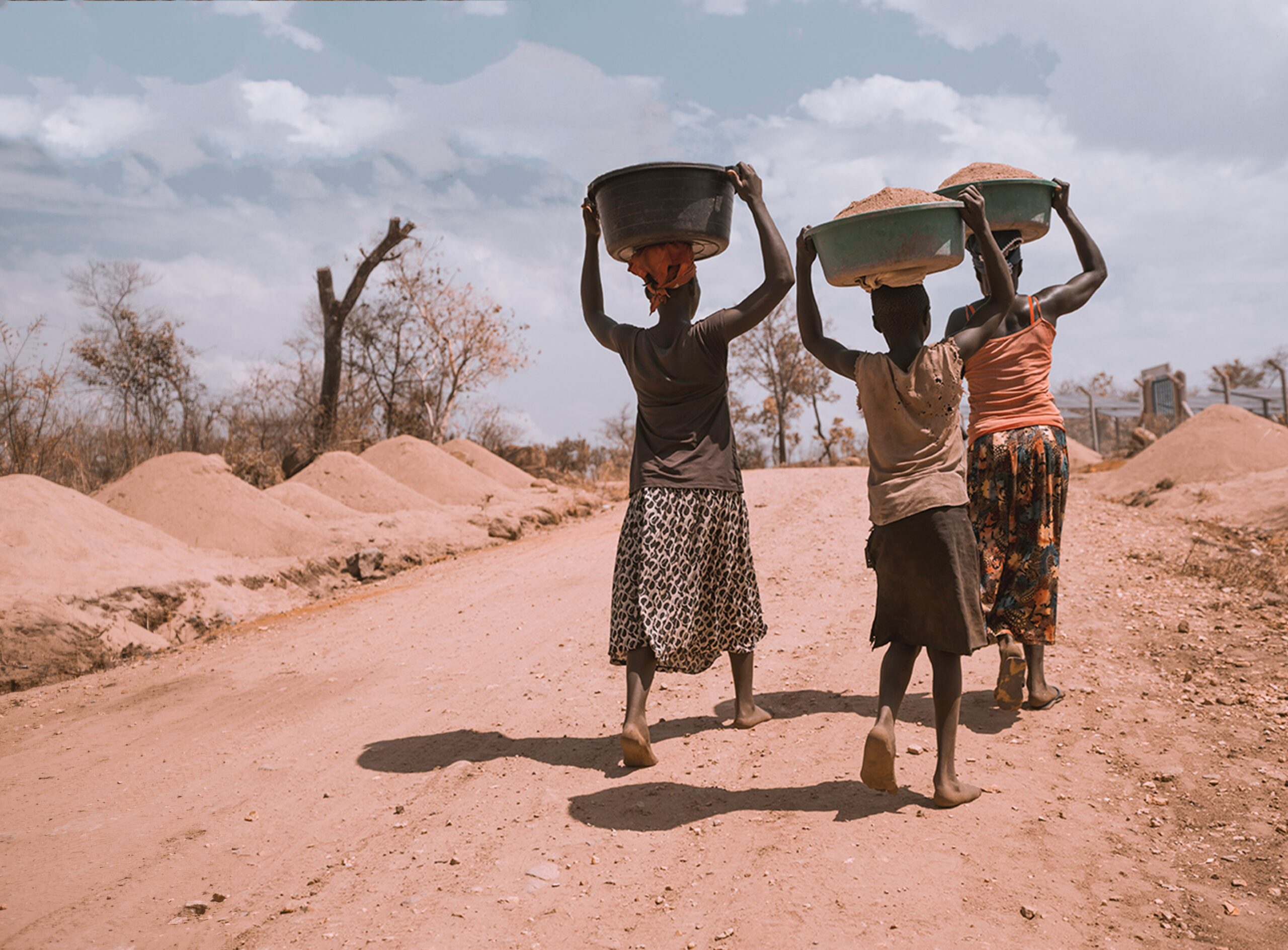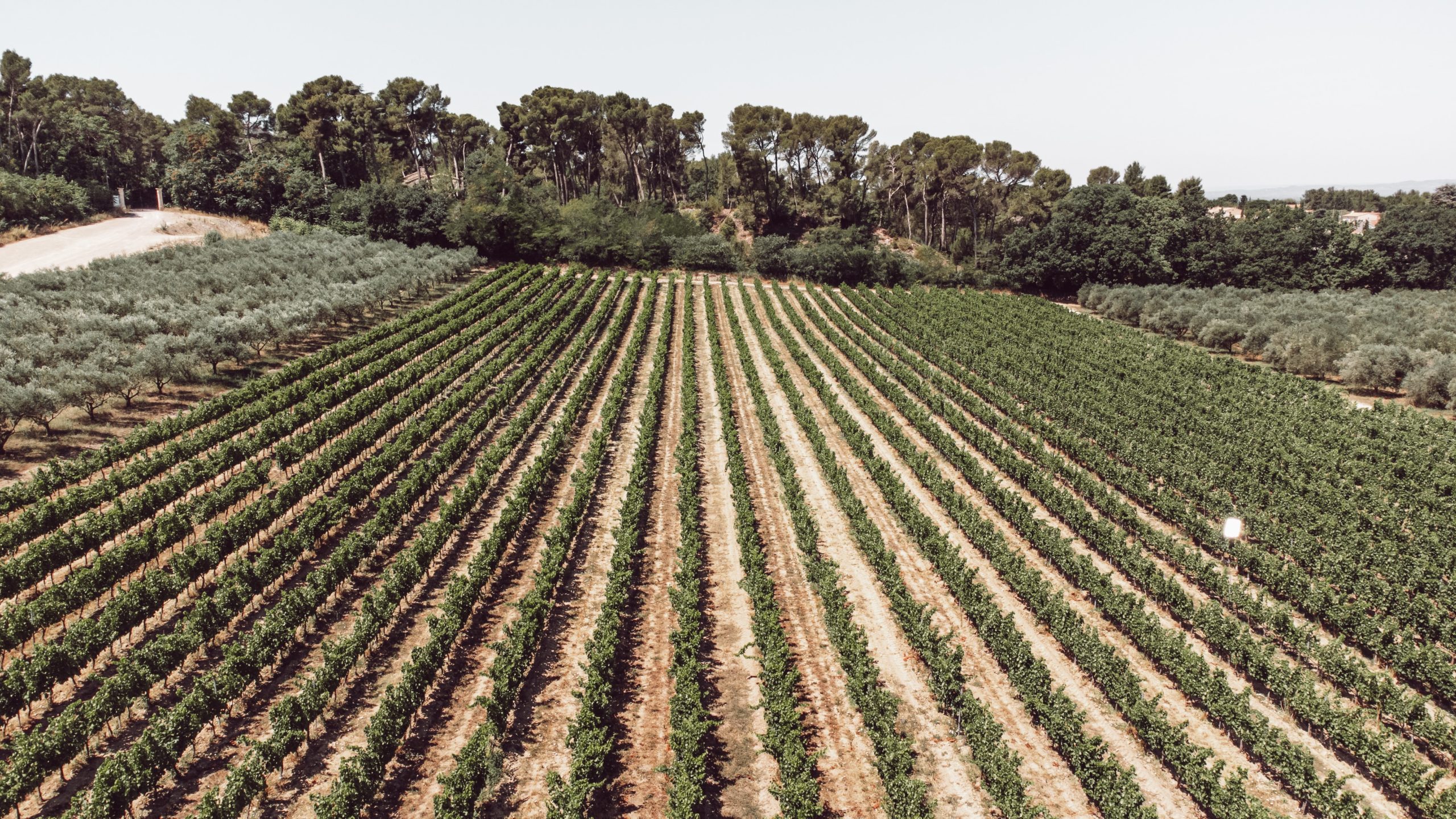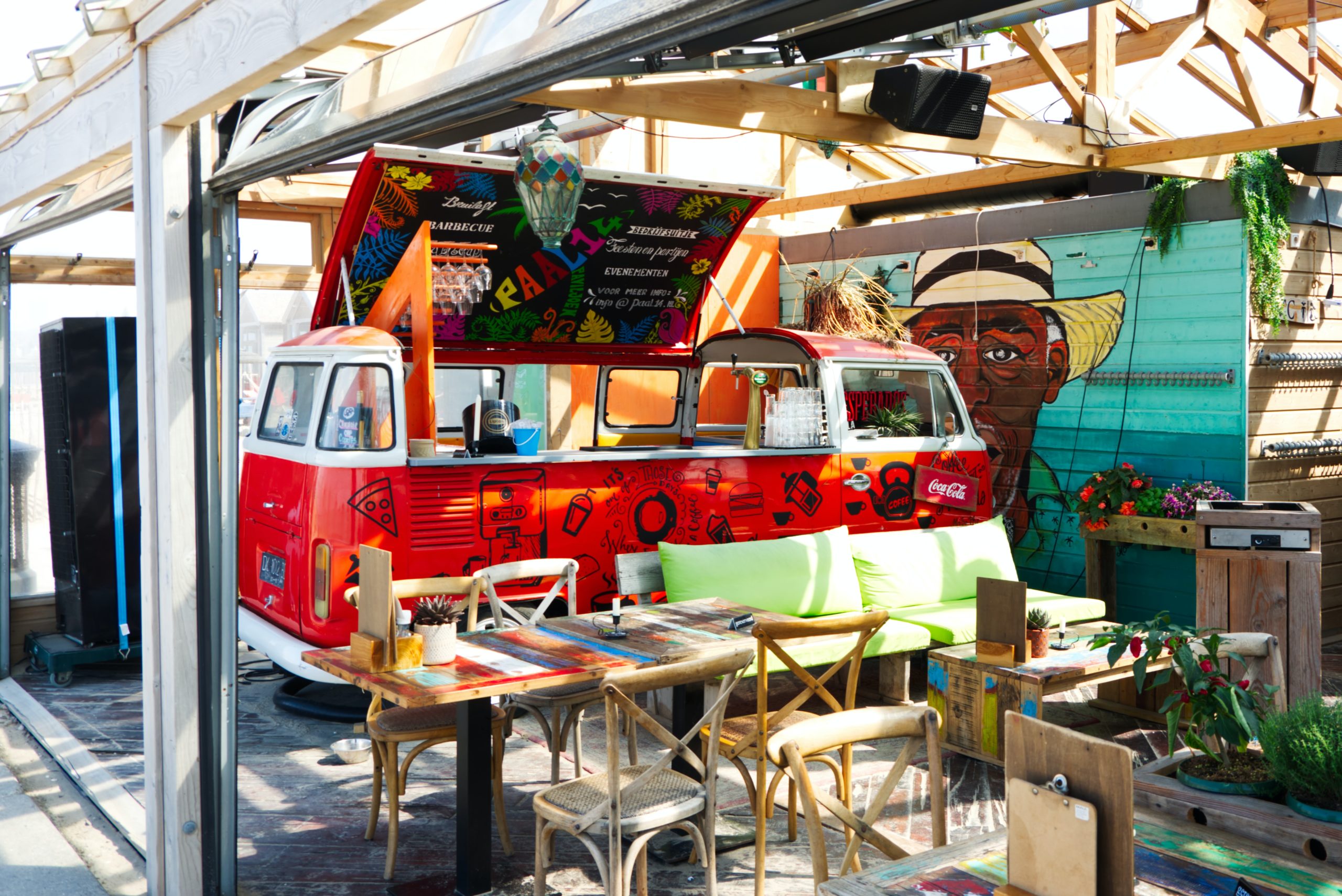More than 70% of the population relies on the agriculture industry for a portion of their income, making it a national priority. Additionally, Mozambique’s 36 million hectares of untapped arable land and ideal agroecological conditions mean that the sector has a lot of potential. Despite this, this nation continues to be a net importer of food. In 2020, agriculture made up 26% of the GDP. Production climbed by 4% between 2020 and 2021 as a result of favorable weather, restricted access to imported supplies brought on by lockdown regulations, and increased government support.

The SUSTENTA Initiative, a World Bank-funded project that the government of Mozambique initiated in 2020, intends to include rural families in value chains for sustainable agriculture and forestry. A $500 million multi-year award will be given to farmers to help with financing, training, and other support services. According to the Ministry of Agriculture, SUSTENTA caused a rise in crop production from 14 to 16 million tons between 2020 and 2021. Demand for local agricultural products is also being fueled by Mozambique’s prospective mining and gas industries, expanding urban and middle-class populations, and these factors.
The government’s strategy for the agriculture sector assists in the development and the abolition of poverty top priority. Smallholder farmers, who are supported by the Ministry of Agriculture and Rural Development, international donors, and NGOs, are responsible for the majority of agriculture activities. Support can come in the form of funding minor grants or the provision of seeds, herbicides, and fertilizers.
Leading subsectors
- Resilient irrigation techniques
- Used machinery and equipment
- Cold chain solutions, especially for storage and infrastructure
- Ago-processing
- Packaging
- Agricultural inputs
Opportunities
Here are a few worthwhile possibilities.
Sustainable irrigation systems
The effects of climate change are particularly dangerous for Mozambique. Farmers’ capacity to raise crops is severely hampered by periodic floods and drought occurrences. Risks related to climate change are decreased through sustainable irrigation systems and water storage facilities. In addition, according to the International Journal of Water Resource Development, just 90,000 of 3,000,000 hectares of arable land are being irrigated.
Agro-Processing
If they are not exported or used by the local market, the majority of food products become garbage. Producing products of sufficient food safety that are high quality, inexpensive, and grown by smallholder farmers is challenging. To promote the domestic production of value-added goods while judiciously substituting imports, the government of Mozambique intends to develop 24 special economic zones. These zones are for agriculture as well as agro-industrial parks as part of PRONAI, the country’s industrialization initiative. Additionally, it selected important subsectors as essential areas for development, including horticulture, rice, soybeans, sesame, wheat, cashew nuts, maize, poultry, and livestock.
Mozambique will create the Pemba-Lichinga Integrated Development Corridor Special Agro-Industrial Processing Zone with funding from the African Development Bank. This project will be carried out over five years for USD 47 million.
Cold chain logistics
Food waste and food security problems are made worse by underdeveloped cold chain infrastructure, which reduces market opportunities. The creation and use of cold chain logistics, as well as management training in standards and best practices, are crucial to improving maintenance, shipping, storage, and handling.
Inputs
Natural disasters continue to have alarming occurrences in Mozambique, frequently posing a threat to disadvantaged people’s access to food. To increase productivity, foster resilience, and meet nutritional and environmental goals, farmers are quickly implementing integrated climate-smart, nutrition-sensitive agricultural technology, and practices.
Market entry strategy
Developing regional alliances can be a helpful strategy for navigating the small business market. Exporters and investors should visit Mozambique frequently to build new relationships and retain existing ones. The majority of businesses feel it helpful to open an office locally in Mozambique to interact with clients and government representatives and to learn more about prospective business prospects. Having a local office can be helpful when submitting a bid for government contracts.
You may also find these articles helpful
Start IT business in Lebanon
Start IT business in Malaysia
Start IT business in Maldives






